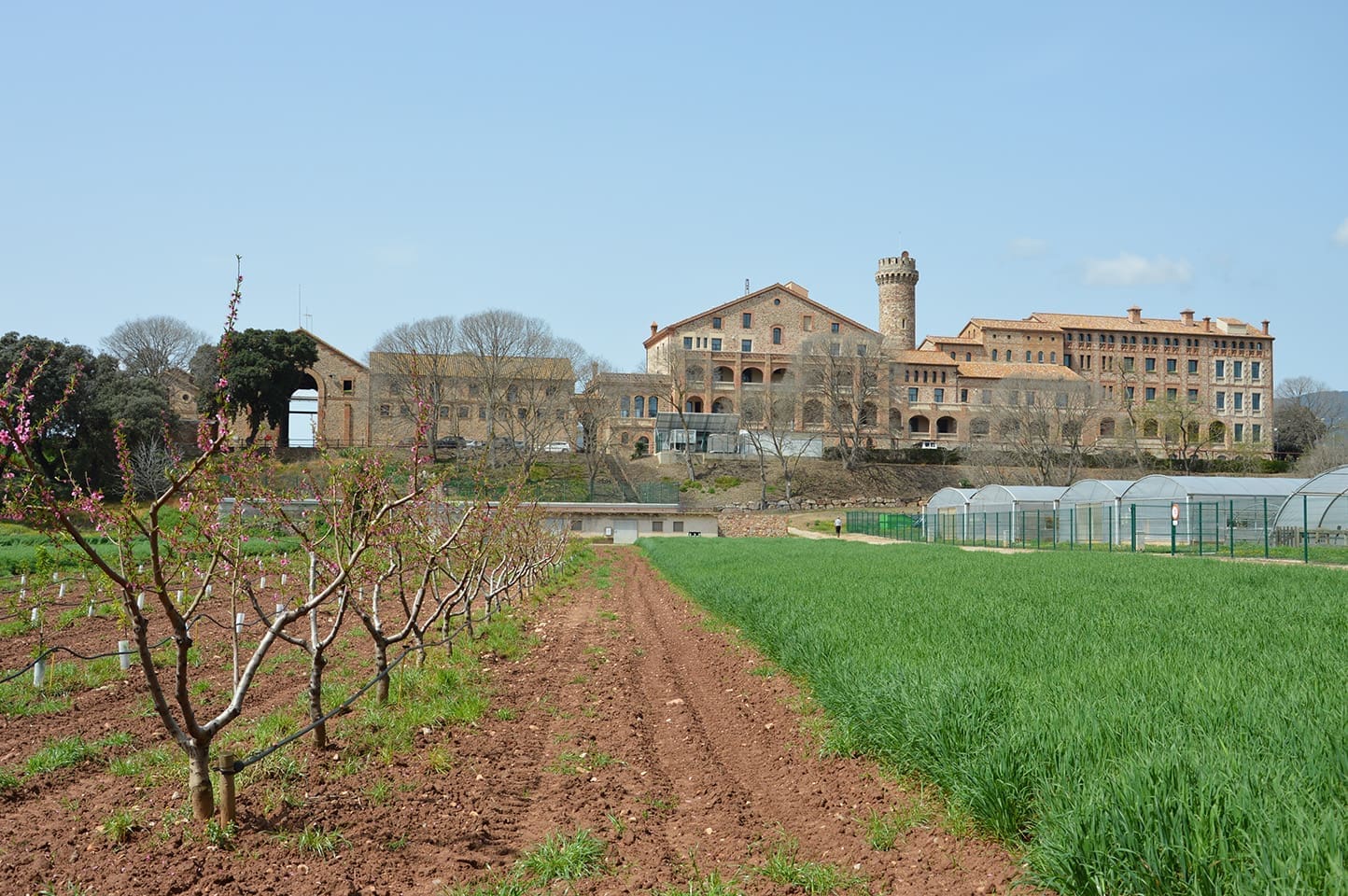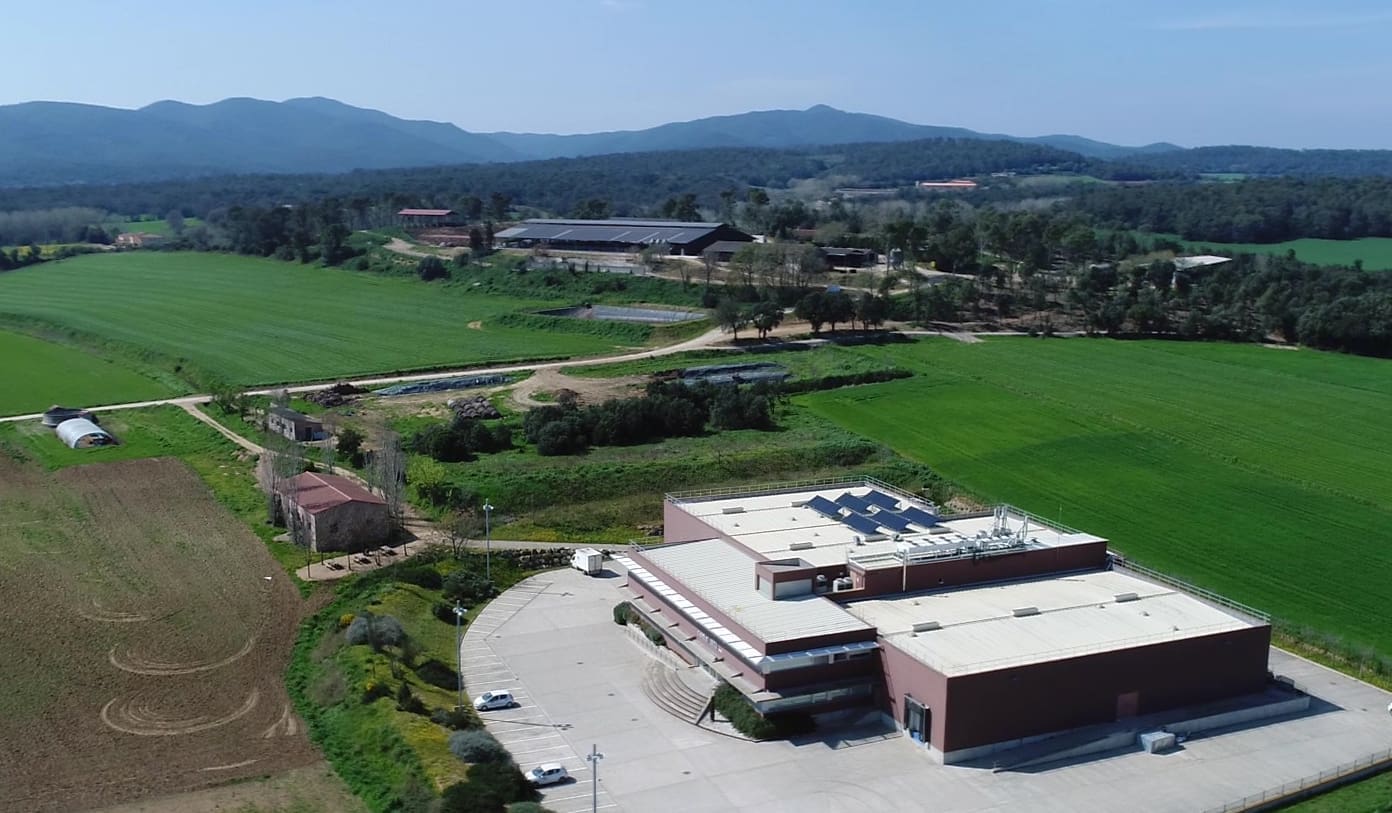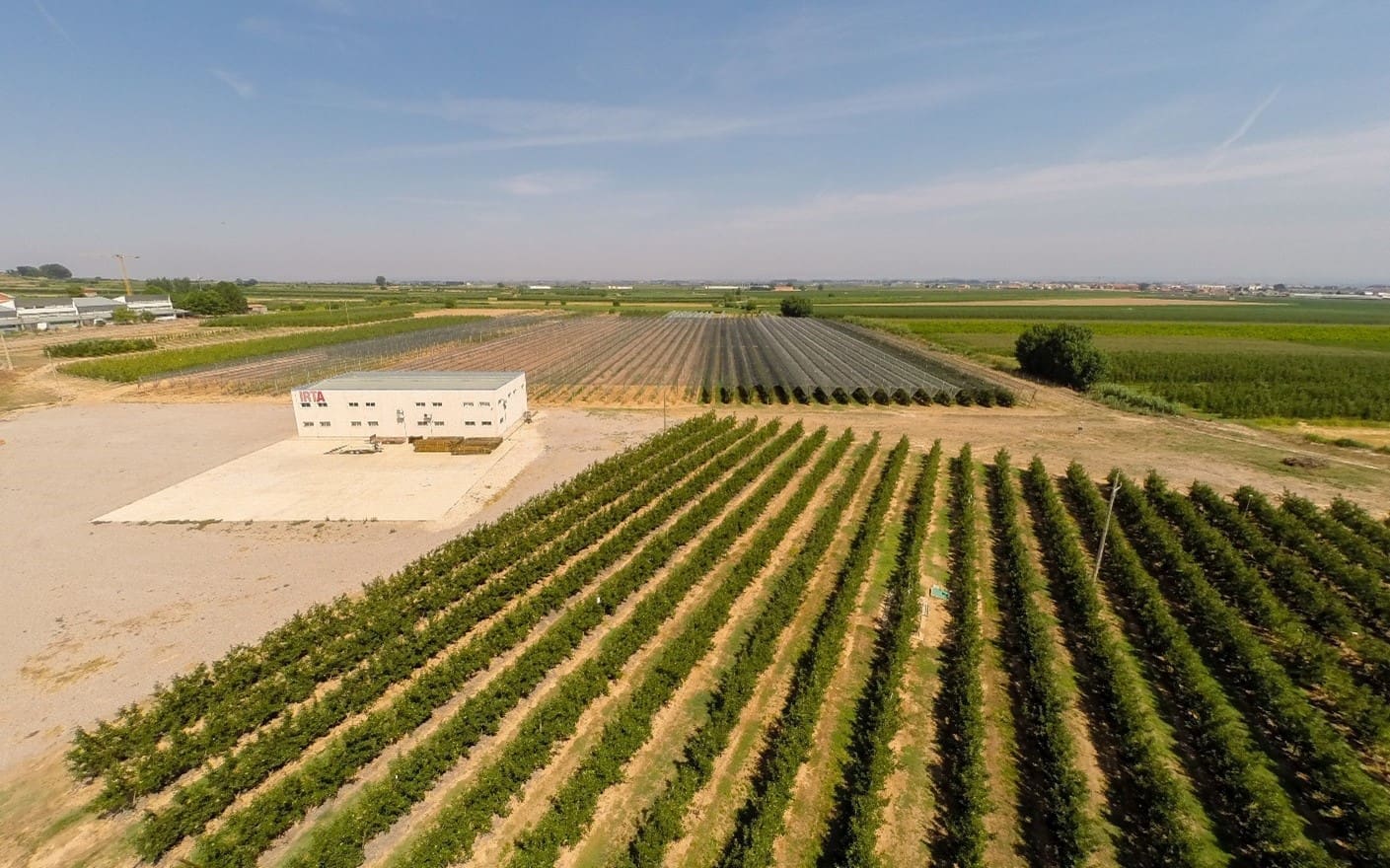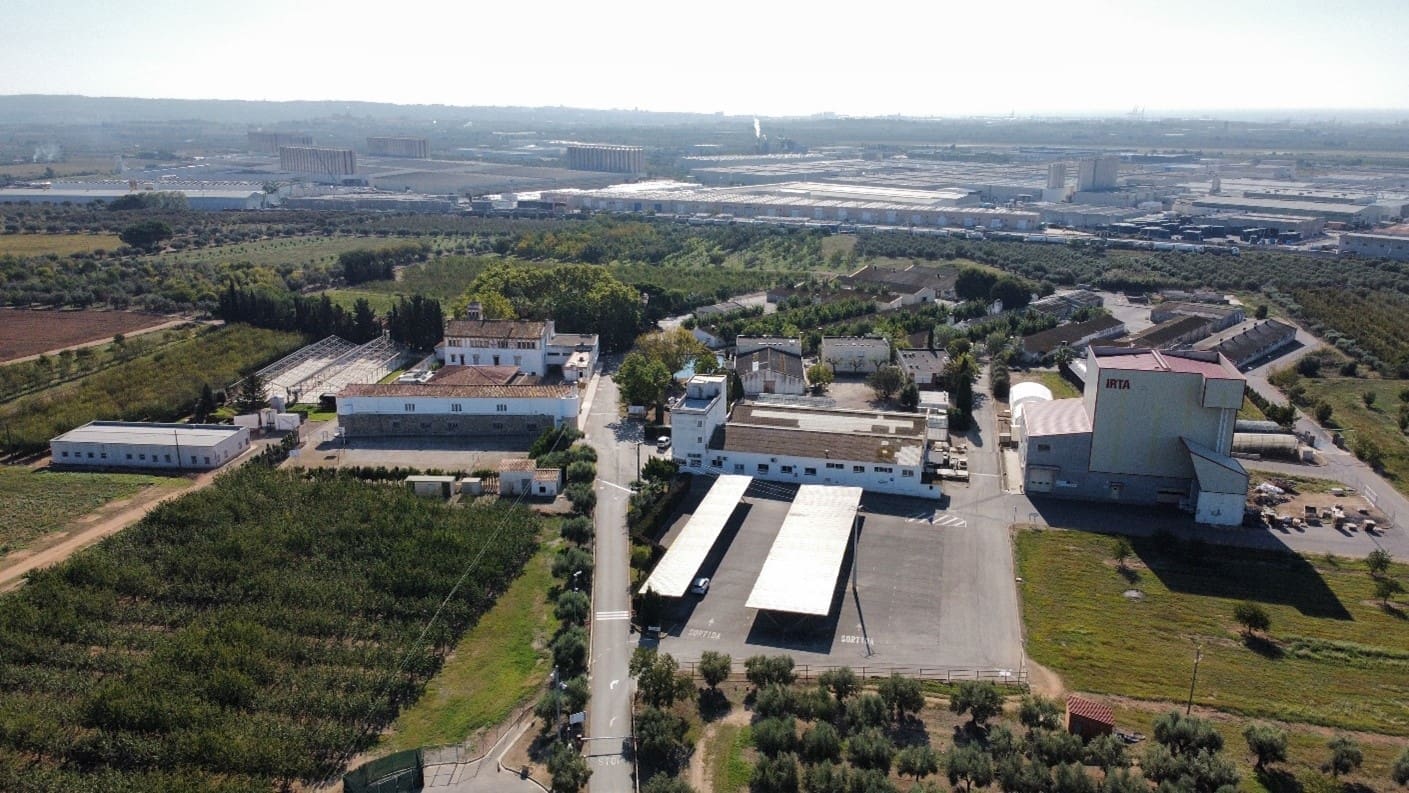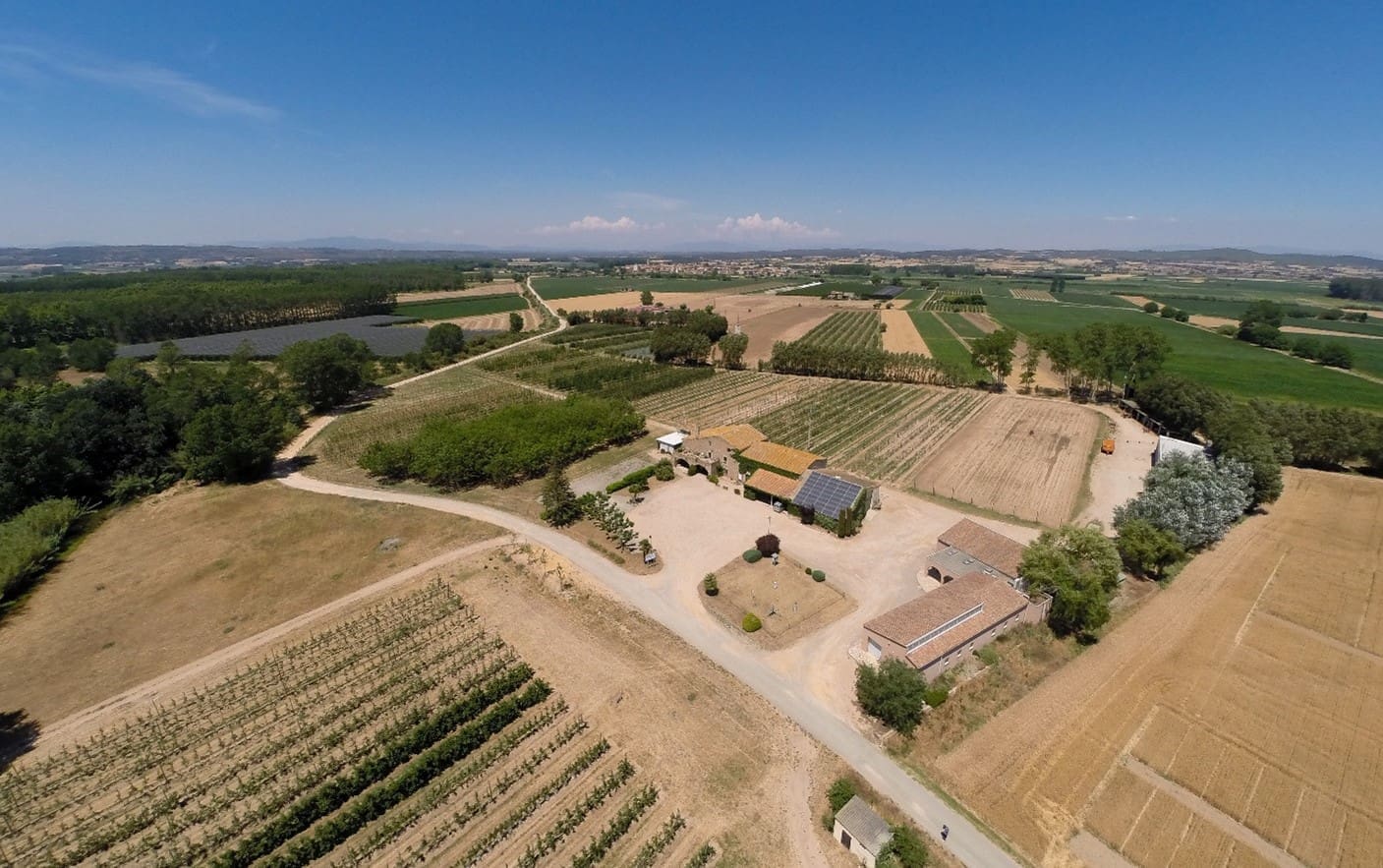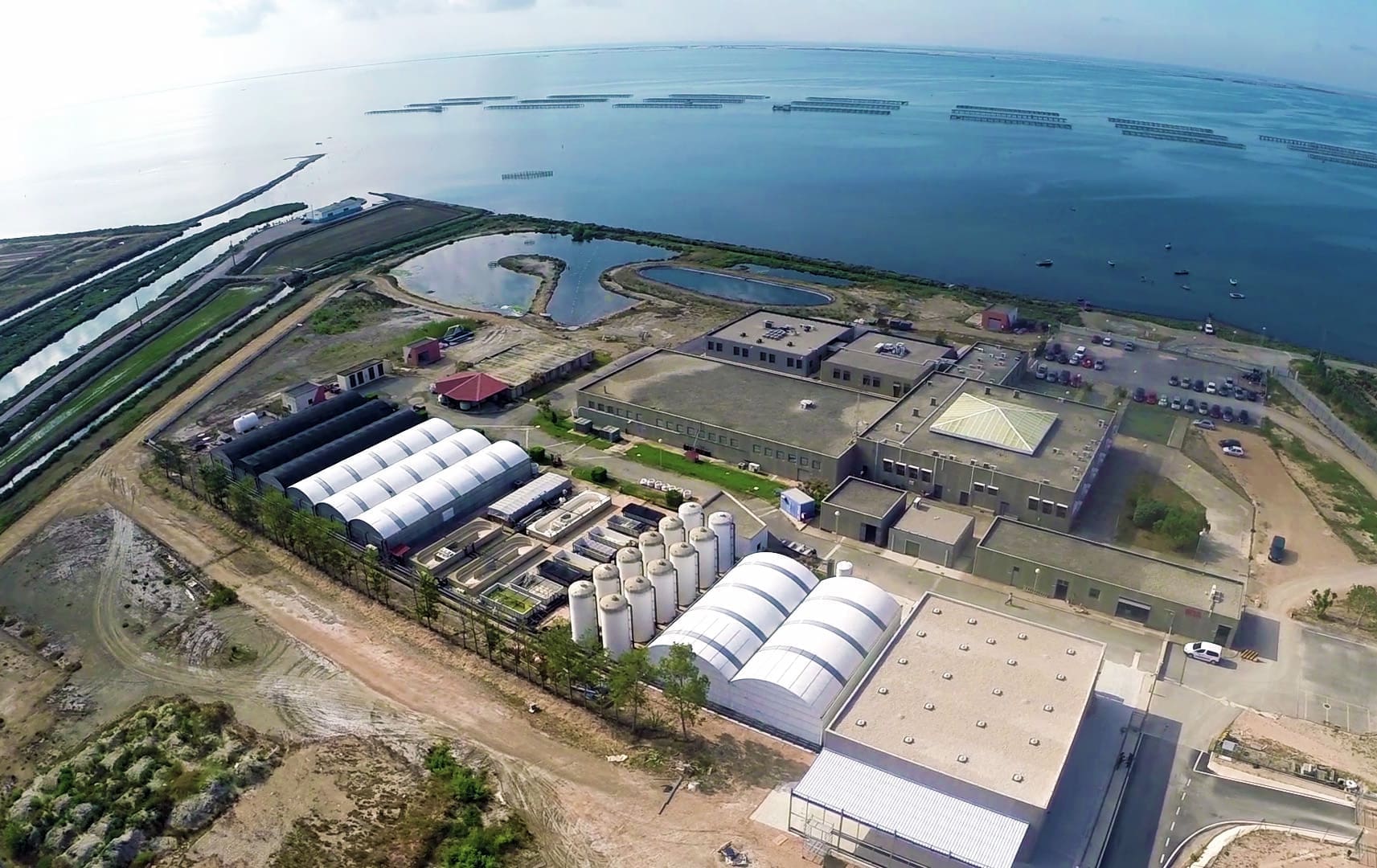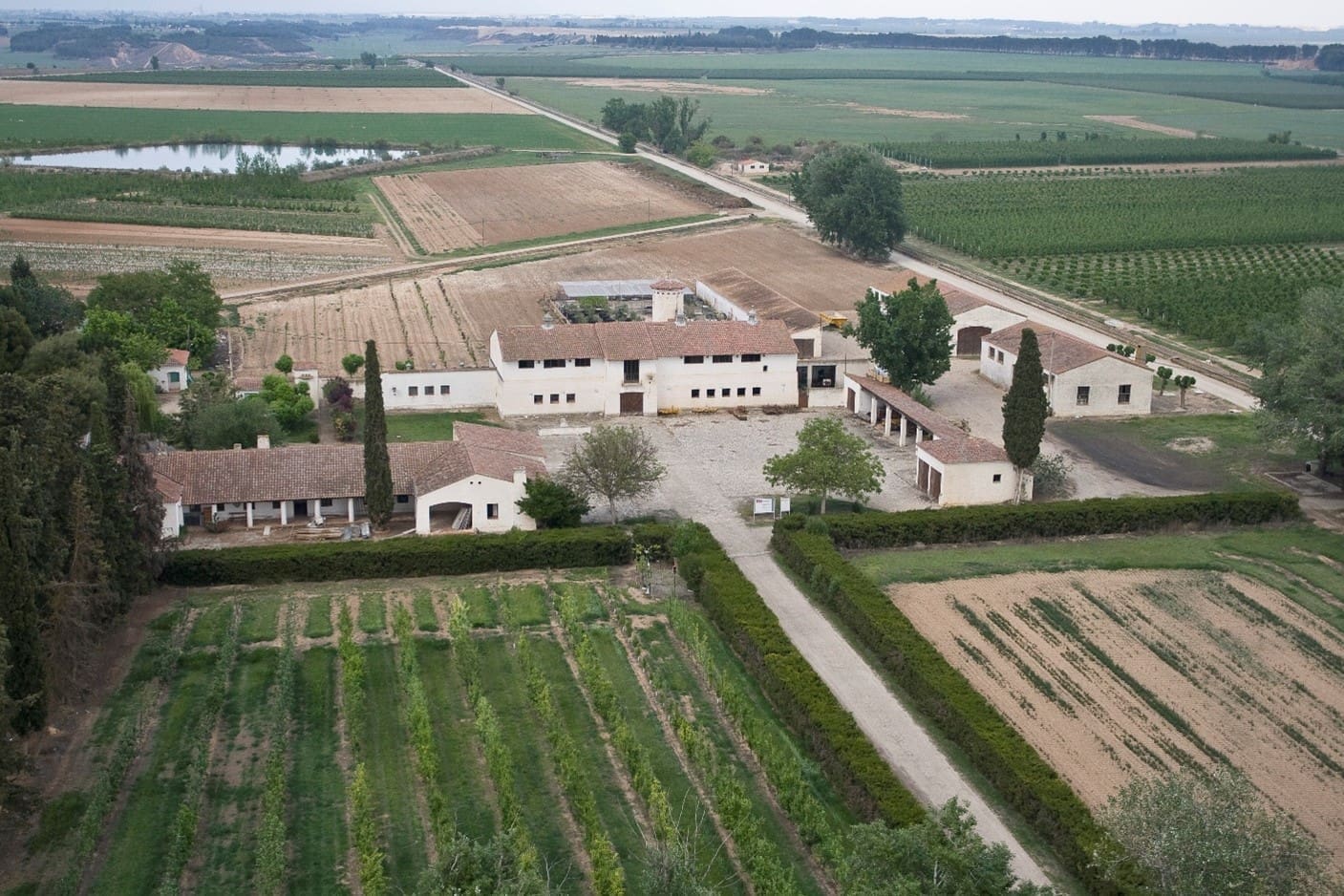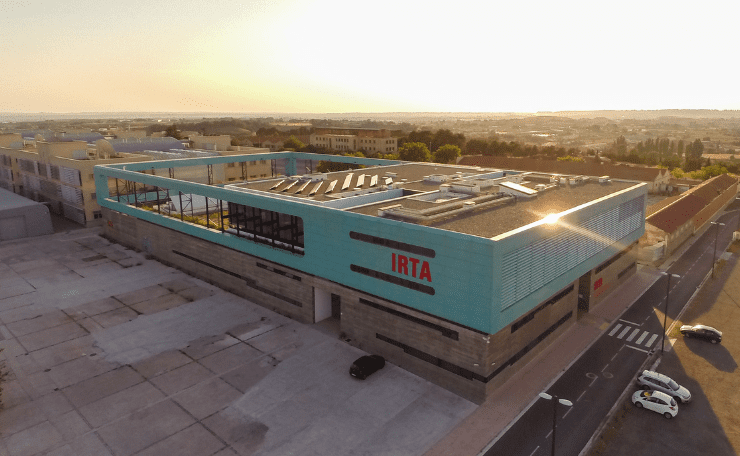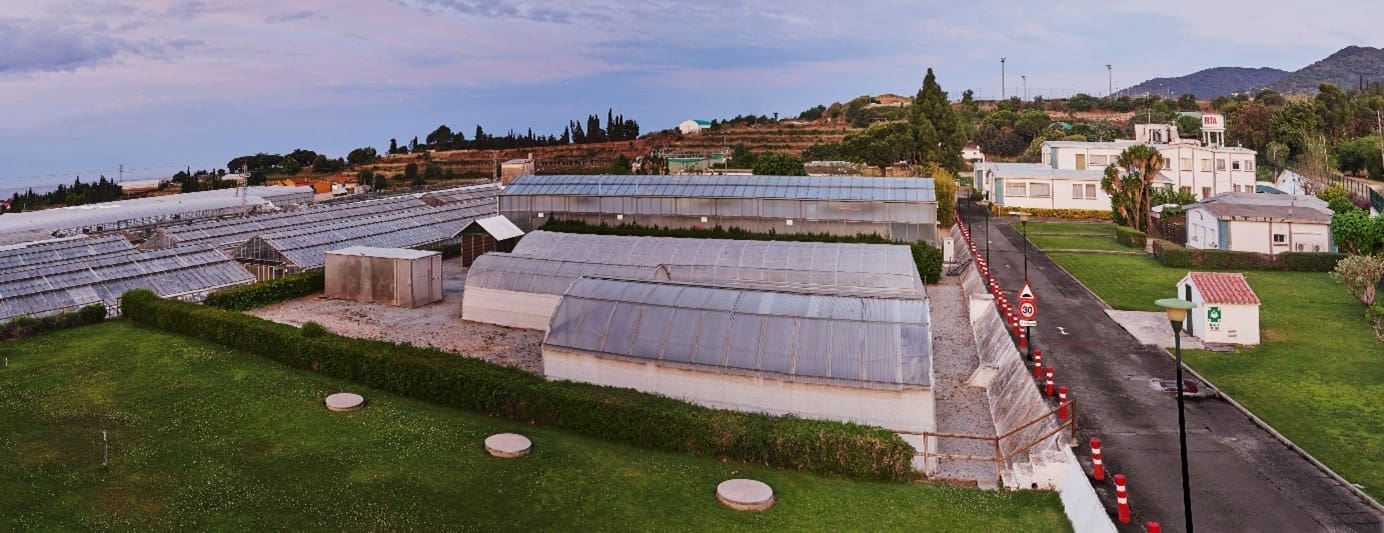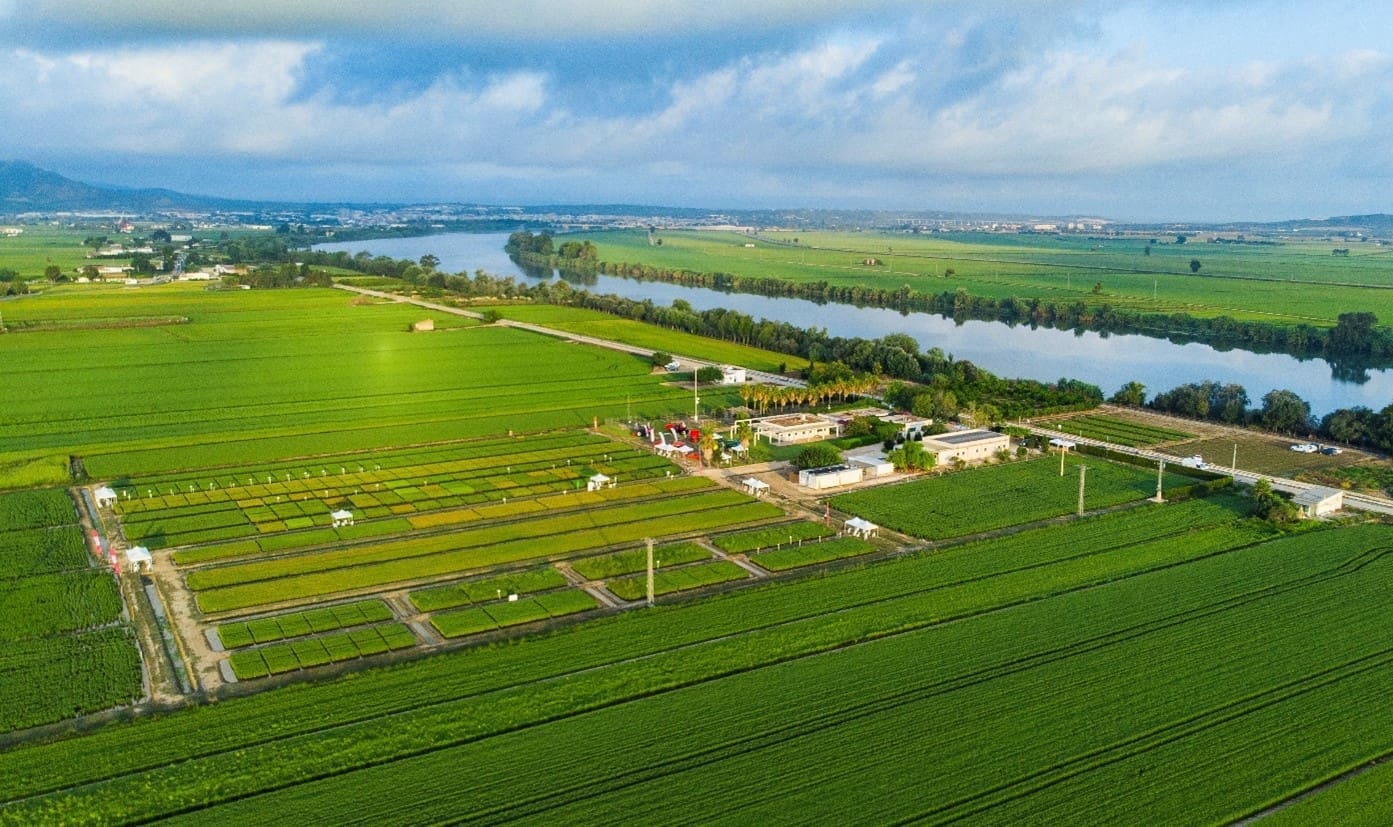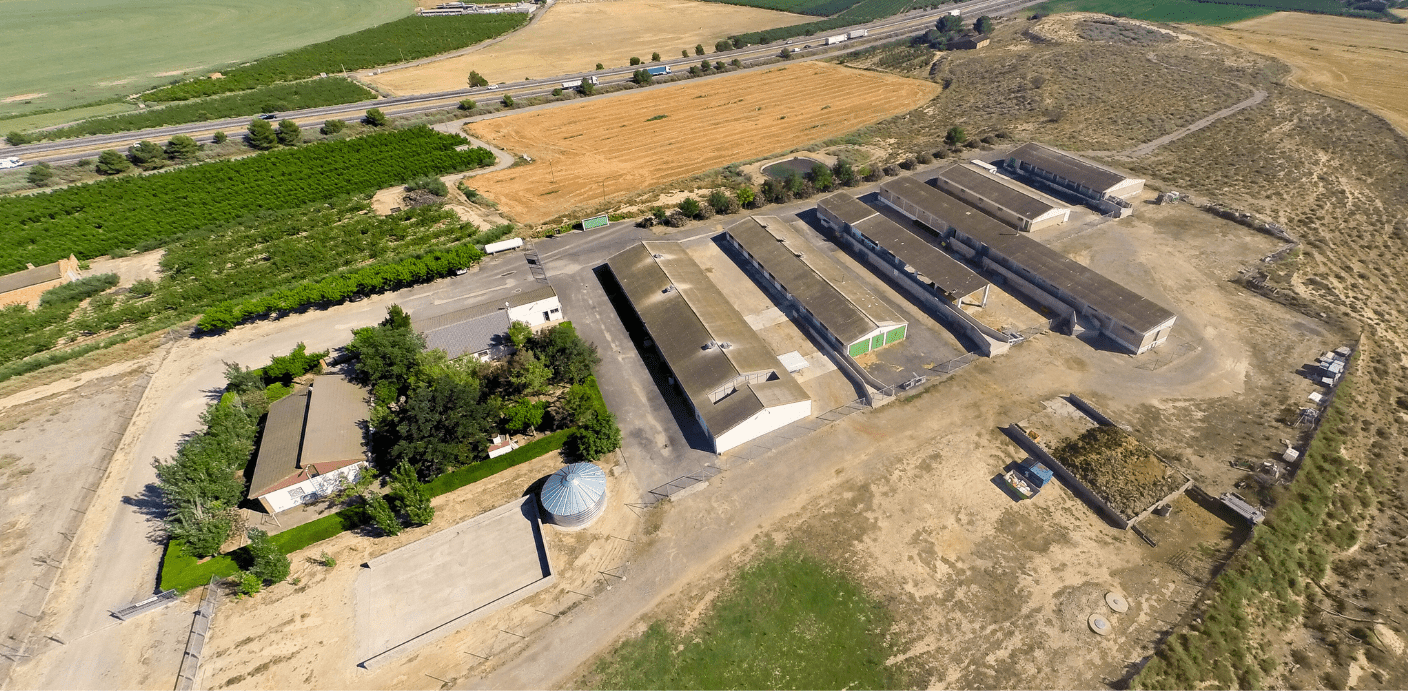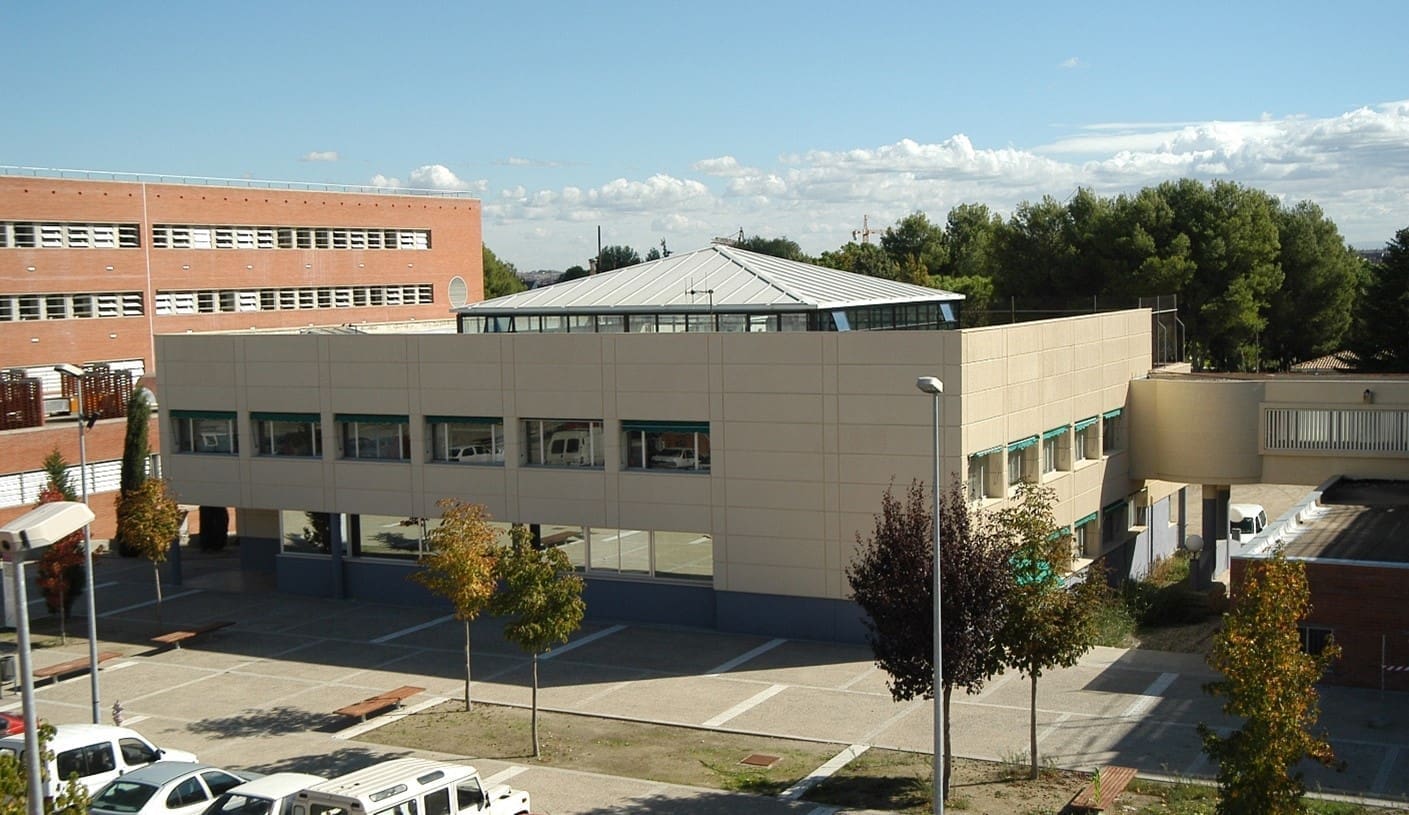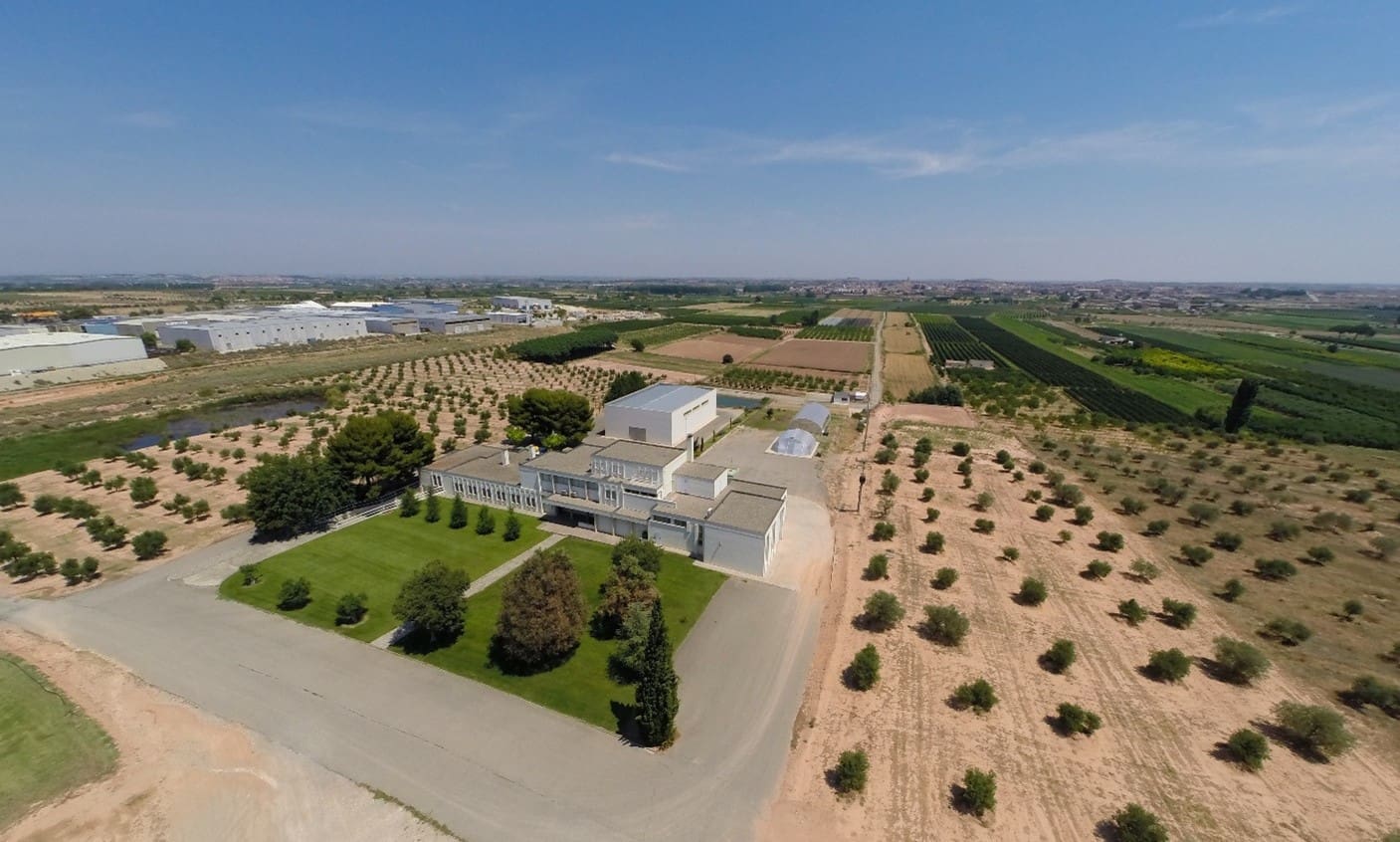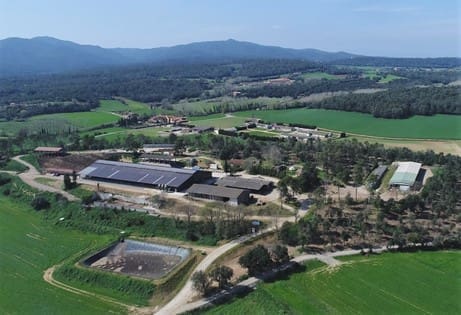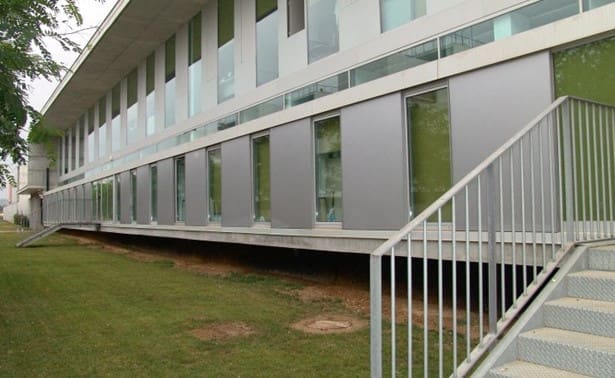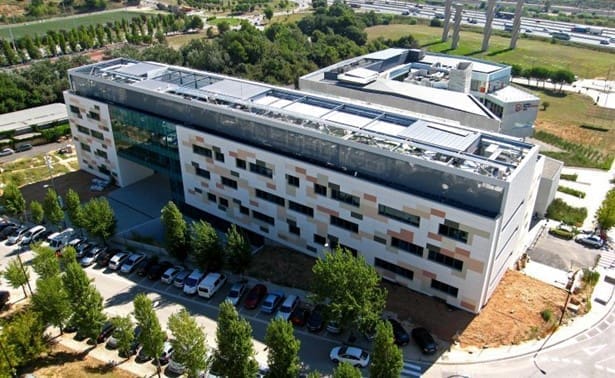Edifici CReSA. Campus UAB.
Bellaterra, 08193 (Barcelona)
From Monday to Thursday, from 8.30 a.m. to 2.00 p.m. and from 2.30 p.m. to 5.00 p.m.
Friday, from 8:30 a.m. to 2:00 p.m.
Summer hours: from June 15 to September 15 (both inclusive), from 8:00 a.m. to 3:00 p.m.
IRTA-CReSA houses a state-of-the-art Bioimaging Platform located in a high biocontainment environment (NBS3), which guarantees maximum safety for the research of high-risk pathogens. This unique environment allows for advanced studies of infectious diseases under strict safety protocols.
The Bioimaging Platform includes a high-throughput live cell imaging system (IncuCyte SX5), as well as a confocal microscope combined with light-sheet technology for live cell imaging (Leica Stellaris 8). Our team offers assistance in experimental design, data acquisition and analysis, as well as comprehensive training and technical support to ensure optimal use of our bioimaging facilities. More information
On May 26, 2017, in the General Assembly of the World Organization of Animal Health (OIE), the Center for Research in Animal Health (IRTA-CReSA) was designated an OIE Collaborating Center for the ” Research and control of emerging and re-emerging swine diseases in Europe” , with Dr. Joaquim Segalés as contact person, and OIE Reference Laboratory for Classical Swine Fever, with Dr. Llilianne Ganges as designated expert. It was the first research center in Spain designated as a member of the OIE Centers network.
The OIE is a global organization that defines Collaborating Centers as centers of expertise in a field of specific competence related to general animal health issues. In the competition of emerging and re-emerging pig diseases, IRTA-CReSA can provide international advice following the mandate and internal regulations of the Collaborating Centers of the OIE .
The designation was possible thanks to the Ministry of Agriculture, Fisheries and Food (MAPA), responsible for presenting the candidacy represented by Mr. Valentín Almansa (Director General of Agricultural Production Health), Ms. Beatriz Muñoz (Deputy Director General of Animal Health and Hygiene and Traceability) and Mr. Gregorio Torres (Delegate of the Scientific and Technical Department of the OIE, appointed by MAPAMA).
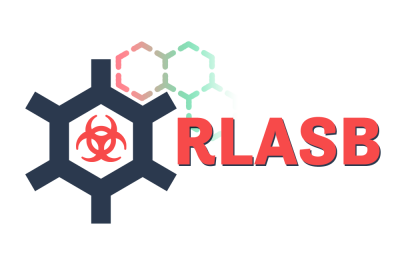
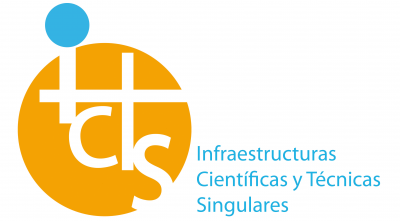
The Red de Laboratorios de Alta Seguridad Biológica (RLASB) is one of the Unique Scientific and Technical Infrastructures (ICTS) in Spain, made up of two nodes, IRTA-CReSA and CISA-INIA. It offers open access research facilities under BSL3 conditions. ICTS are large facilities, resources and services, unique in their class, dedicated to cutting-edge and high-quality technological research and development, as well as promoting the exchange, transmission and preservation of knowledge, technology transfer and innovation.
